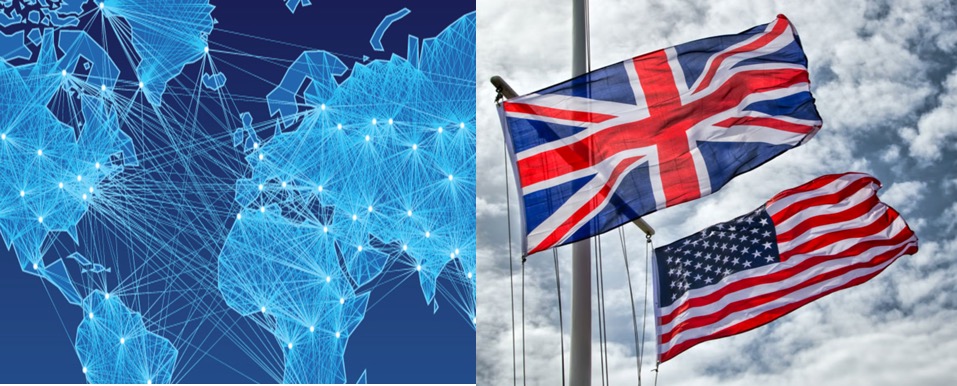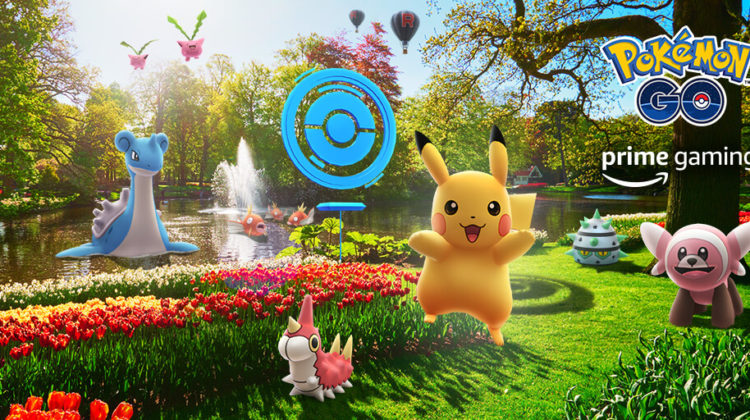“Why Good Parenting and Good Leadership Go Hand in Hand”
As leaders, we often hear the saying “people leave bosses, not companies.” It is a harsh truth that leaves us wondering if we are bad leaders. It naturally begs the question: Are we bad parents too?
While I’m not a parent myself, I have “parented” hundreds of people in my career. And I’ve come to realize that parenting and leadership are closely related. Psychologists define four parenting styles: authoritarian, authoritative, permissive, and neglectful. These styles however, align very closely with leadership styles.
The authoritarian parenting style is characterized by strict rules, high expectations, and blind obedience. Similarly, an autocratic leadership style has its basis in close supervision to ensure productivity, where deviation or questioning are not allowed. It’s the “my way or the highway” mentality that gives employees little room to maneuver. While it may have been the norm in the past, it’s not a sustainable approach for today’s workforce and clearly not motivating. Who wants to work in fear? Would you rule your children with an iron fist? Using fear and intimidation to control behavior? Why do it in the workplace?
The permissive parenting style encourages independence and uses manipulation like bribery to motivate. Giving in to every demand our child has, neglecting to set boundaries or expectations, and avoiding confrontation of inappropriate behavior, are not healthy for our children. Same in the workplace. A “free range” supervision style can lead to employees dictating workplace expectations, become sluggish, and underperform which is far from ideal.
We also see too often, the neglectful parenting style, characterized by being cold, unresponsive, and uninvolved. Parents who fail to provide basic care for their children, like food, shelter, and medical attention. Displaying apathy towards a child’s well-being. A neglectful leader unfortunately does the same. Gives employees little to no supervision, being indifferent to their basic work needs – feeling worthwhile, having goals, being balanced, and being well supported and treated in the workplace.
However, I think we will all agree that the authoritative parenting style is the most successful one. Parents who balance high expectations with warmth, support, and flexibility help their children thrive and be happy. They create a positive and nurturing environment that encourages children to become achievers in a healthy manner. Isn’t that what we should also do in our organization? Create a clear vision and support and trust our teams to follow through. Guide them and support them when needed. Help them learn from their mistakes instead of cruelly punishing them. Listen, and care for their well-being and development. This is what makes people feel included and valued, motivated, engaged, and happy, while we help them succeed.
We all know that parenting is a tough job. So is leadership. You must put your time, energy, and care for others at the same level of priority as your personal success and happiness. Not all of us do. Let’s be honest, being told that you are a bad parent hurts. But not too many of us seem to be equally sensitive to the possibility of being bad leaders. I have seen too many neglectful and authoritarian leaders go far in the marketplace, leaving destroyed teams behind. This has to stop.
No one wants to be a bad parent, neither at home nor in the workplace. Do we?
P.S. Image generated with Midjourney AI, crazy what you can do!!!!










